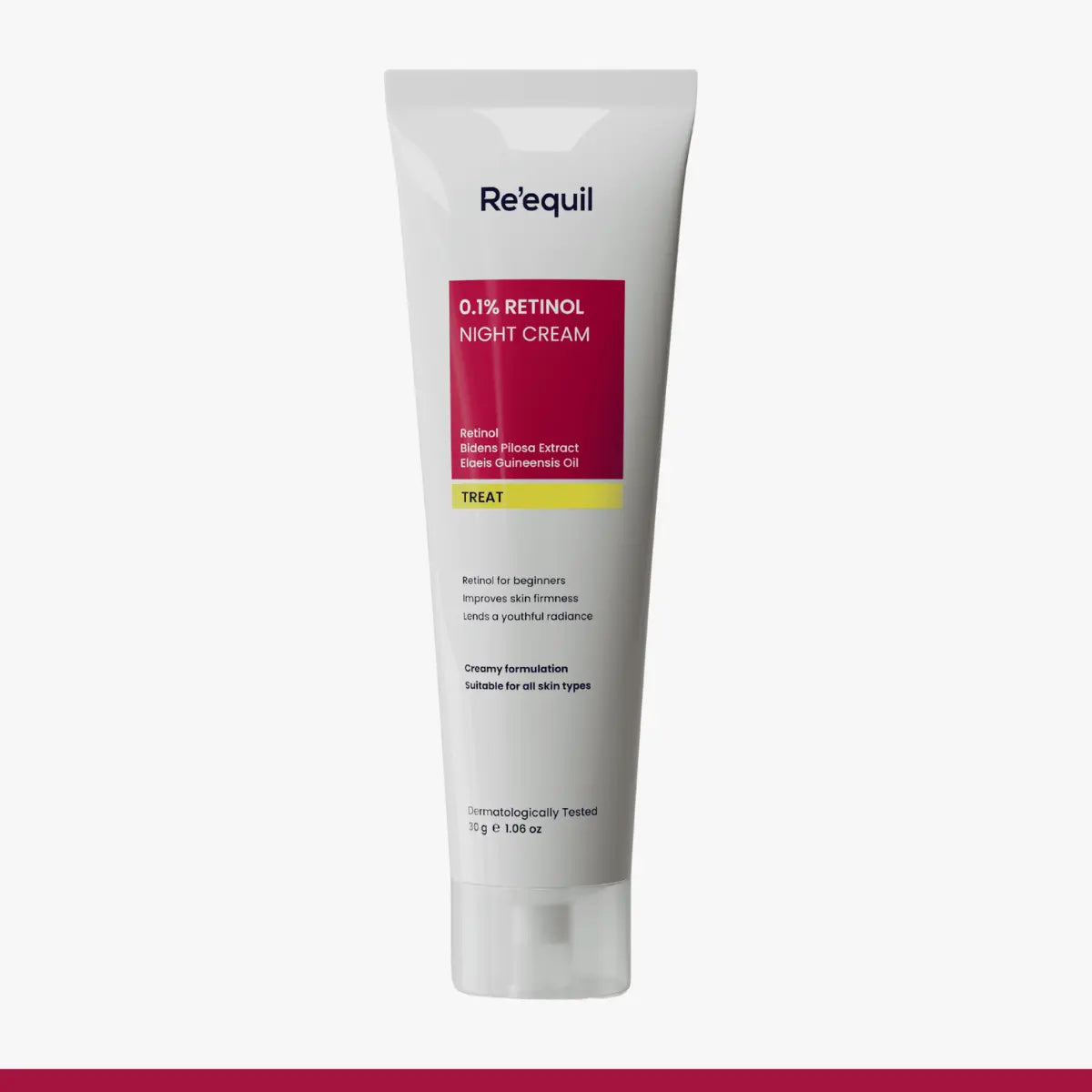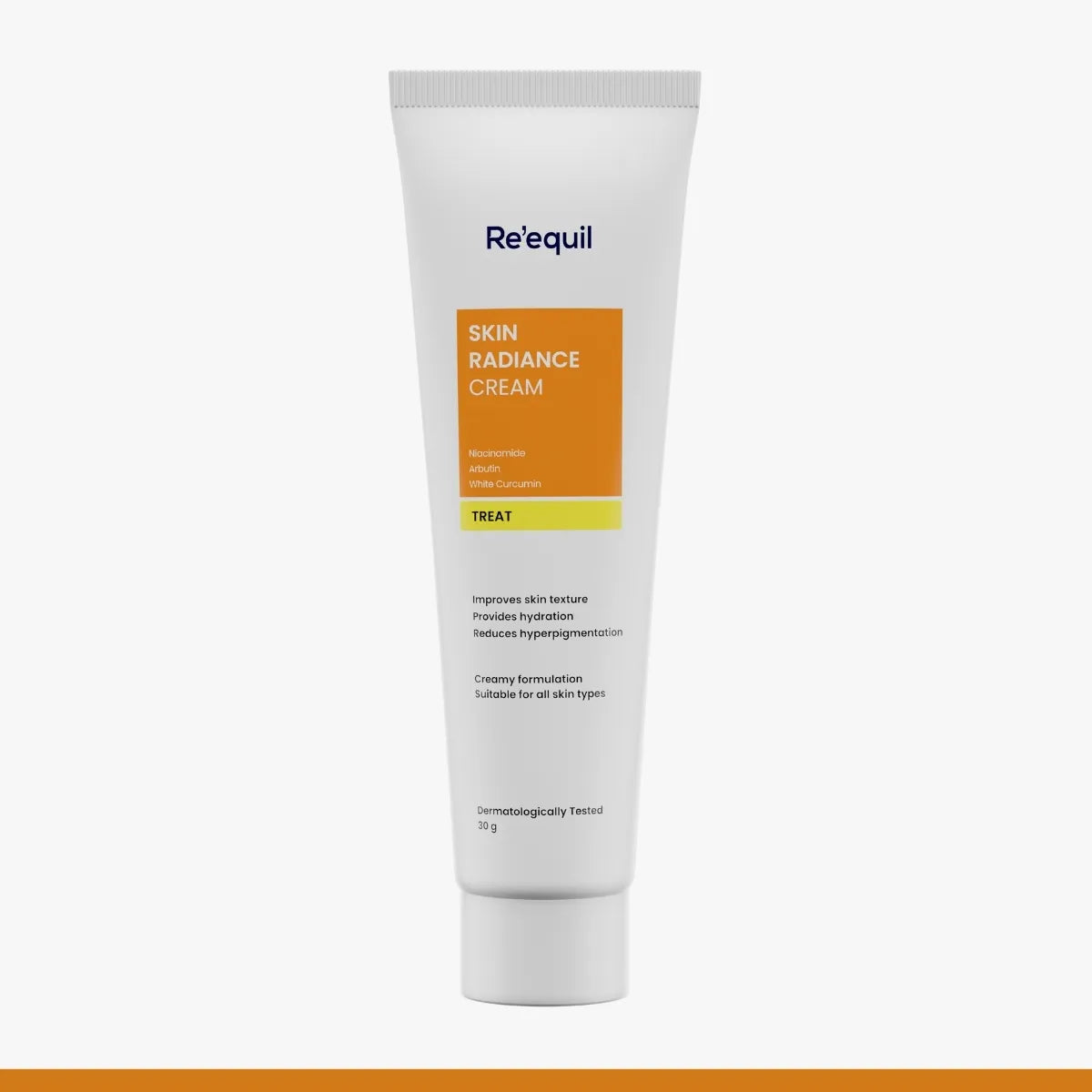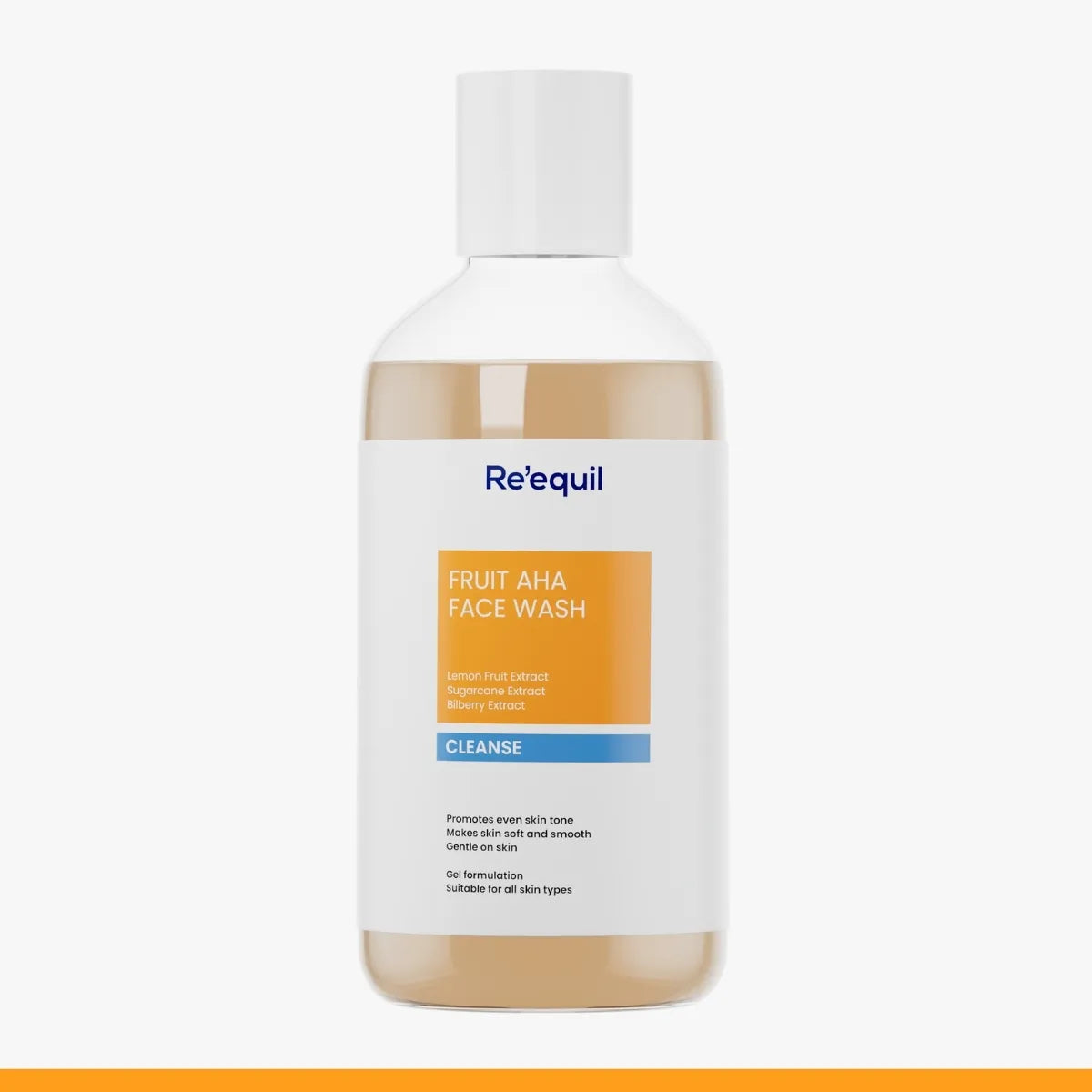Are you at a constant debate between which skin exfoliator to opt for? As might be expected, we are certain that you excited and quite frankly ‘coveting’ to attain the incredible benefits that exfoliators provide. A study published in the American Society of Plastic Surgeons unravels that the process of exfoliation tends to leave your skin appearing brighter, healthy and glowing. What’s more, it helps to prevent any clogged pores, thus saving your skin from frequent breakouts. Although, much to your dismay, not all types of exfoliation are equal. We realize that this can be utterly confusing and overwhelming. With different types of exfoliators present in the skincare industry, the true confusion lies in choosing the right skin exfoliator that will work wonders for you.
How physical exfoliators work?
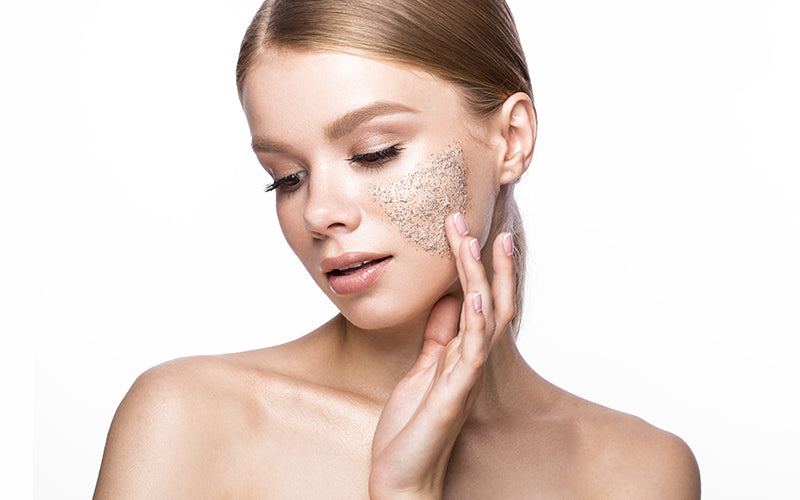
In a sum up, physical exfoliators are any grainy products that work to wipe away dead skin cells through friction. However, since physical exfoliators were trending and widely used skin care product in the early 2013’s, so the likelihood of you being familiar with them is quite high. One of the best thing about these physical exfoliators by far is their quick results. These exfoliators remove dirt and dead skin cells while improving blood circulation, thereby helping you accomplish healthy and shiny skin.
With a reputation for being aggressive and harsh on your skin, it will be no surprise if you are apprehensive about physical exfoliators. However, fortunately for you, the rumour is untrue. According to numerous studies, physical exfoliators can actually be gentle on your skin if you know how to use them correctly. Being too aggressive and rough while scrubbing will only ever backfire by irritating your skin, irrespective of the kind of exfoliator you choose.
Additional benefits
- Physical exfoliators containing extracts of apricots are known to leave behind a brightening effect on your skin.
- These types of exfoliators help to reduce the enlarged pores effectively and easily.
- The abrasives present in the exfoliator deeply cleanses your skin, thus preventing sudden breakouts while leaving your skin squeaky-clean.
How chemical exfoliators work?
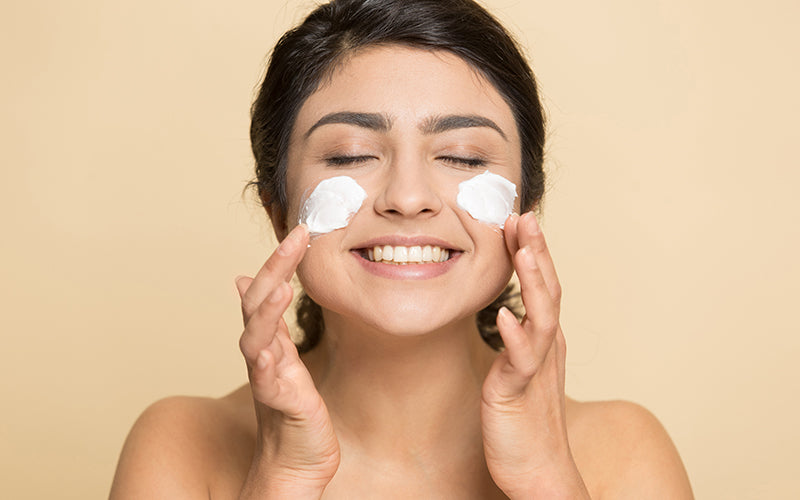
For the record, in this case, “chemical” is not a word to be scared of. To put it simply, chemical exfoliators work to break the bond between your skin cells. They help to loosen up the dead skin cells present in your skin, thus making it a fairly easy task to whisk the dirt and dead cells away. Unlike physical exfoliators, chemical exfoliators are known to have a comparatively smooth and even texture. Furthermore, various dermatologists explain that chemical exfoliators penetrate your skin deeper as compared to physical exfoliators.
The most common chemical exfoliants present in the skincare market can be distinguished into two types: Alpha Hydroxy Acids (AHAs) and Beta Hydroxy Acids (BHAs). What’s more, the two most popular and well appreciated AHAs are glycolic acid and lactic acid while BHA generally refers specifically to salicylic acid. A study conducted in the late months of 2016 explains that AHA exfoliant is especially benefitting for people with dry skin. Derived from the natural substances like grapes, sugar cane, citrus etc, a chemical exfoliator containing AHA slough away the dead skin cells while lending optimum nourishment to your skin. Whereas, a chemical exfoliant containing BHA like salicylic acid is an incredible choice for people with oily and acne-prone skin. It helps to whisk away dead skin cells while normalizing skin cell turnover, thereby helping you attain healthy and grease-free skin.
Additional benefits
- Chemical exfoliators containing AHA are known to treat mild hyperpigmentation such as age spots, acne scars etc.
- Both AHA and BHA exfoliators have shown tremendous results while reducing the enlarged pores.
- They help to cure uneven skin tone while preventing the appearance of premature ageing like fine lines, surface wrinkles etc.

Exfoliating your skin with either physical or a chemical exfoliator is surely a substantial addition to your everyday skin care routine. It will not only help to achieve smooth and glowing skin but also prevent skin woes like frequent breakouts, hyperpigmentation etc. Now that you have understood the basics of physical and chemical exfoliators, the only question that remains unanswered is which is better for your skin. The best way to decide is by understanding your skin type and its concerns. Doing so will help you prevent any negative aftermaths or skin reactions. If you are still apprehensive about which skin exfoliator to go for, then make sure to consult a dermatologist for their expert recommendations.
P.S.
Despite providing numerous benefits, there are certain factors which may disrupt or even cause havoc on your skin. One of them is over-exfoliation. Several skin experts explain that over-exfoliating can leave your skin extremely inflamed, sensitive and vulnerable to various skin ailments. As a consequence, you should only exfoliate once or twice a week. Last but not the least, remember that patience and consistency are virtue, and when done correctly, exfoliation will make your skin appear healthy and glowing.
